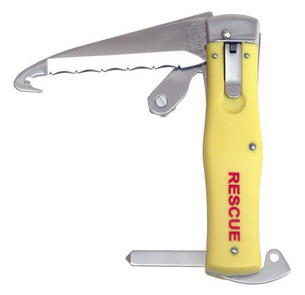The Essential Role of Predators in Our Ecosystems

Introduction
Predators play a crucial role in the balance of ecosystems by controlling prey populations and ensuring biodiversity. Their presence is vital in maintaining the health of various habitats, from forests to oceans. Understanding the importance of predators helps us appreciate their contribution to ecological dynamics and the consequences of their decline.
The Importance of Predators
Recent studies highlight the significant impact that predators have on their environments. For instance, a 2022 study published in the journal Nature indicated that the removal of apex predators leads to an overabundance of herbivores. This overpopulation can result in overgrazing, which severely damages vegetation and alters habitats.
One notable example is the reintroduction of gray wolves to Yellowstone National Park in 1995. The wolves helped control the elk population, which in turn allowed vegetation to recover. The increased vegetation restored habitats for various species, illustrating how predators can support entire ecosystems.
Curbing Overpopulation and Promoting Biodiversity
Predators help curb the populations of certain species, preventing them from overwhelming their environment. This dynamic is crucial for the survival of numerous other organisms, fostering a balanced ecosystem. Moreover, healthy predator populations often indicate robust ecosystems. According to the United Nations Food and Agriculture Organization (FAO), strong predator-prey relationships bolster biodiversity and ecosystem resilience.
Threats to Predator Populations
Unfortunately, predators face numerous threats, including habitat destruction, climate change, and overexploitation. A report from the International Union for Conservation of Nature (IUCN) notes that over 60% of predator species are now experiencing population declines. This decline disrupts the ecological balance and can lead to unforeseen consequences, such as increased human-wildlife conflicts.
Conclusion
Understanding the role of predators is vital for conservation efforts and ecological studies. As primary drivers of ecosystem health, safeguarding these species should be a priority. Educating the public about their importance can lead to better conservation strategies, promoting biodiversity and healthy ecosystems. Future conservation efforts must aim to protect predator habitats, regulate hunting practices, and mitigate climate change impacts. By ensuring the survival of predators, we can maintain the delicate balance of our ecosystems, benefitting all species, including humans.









